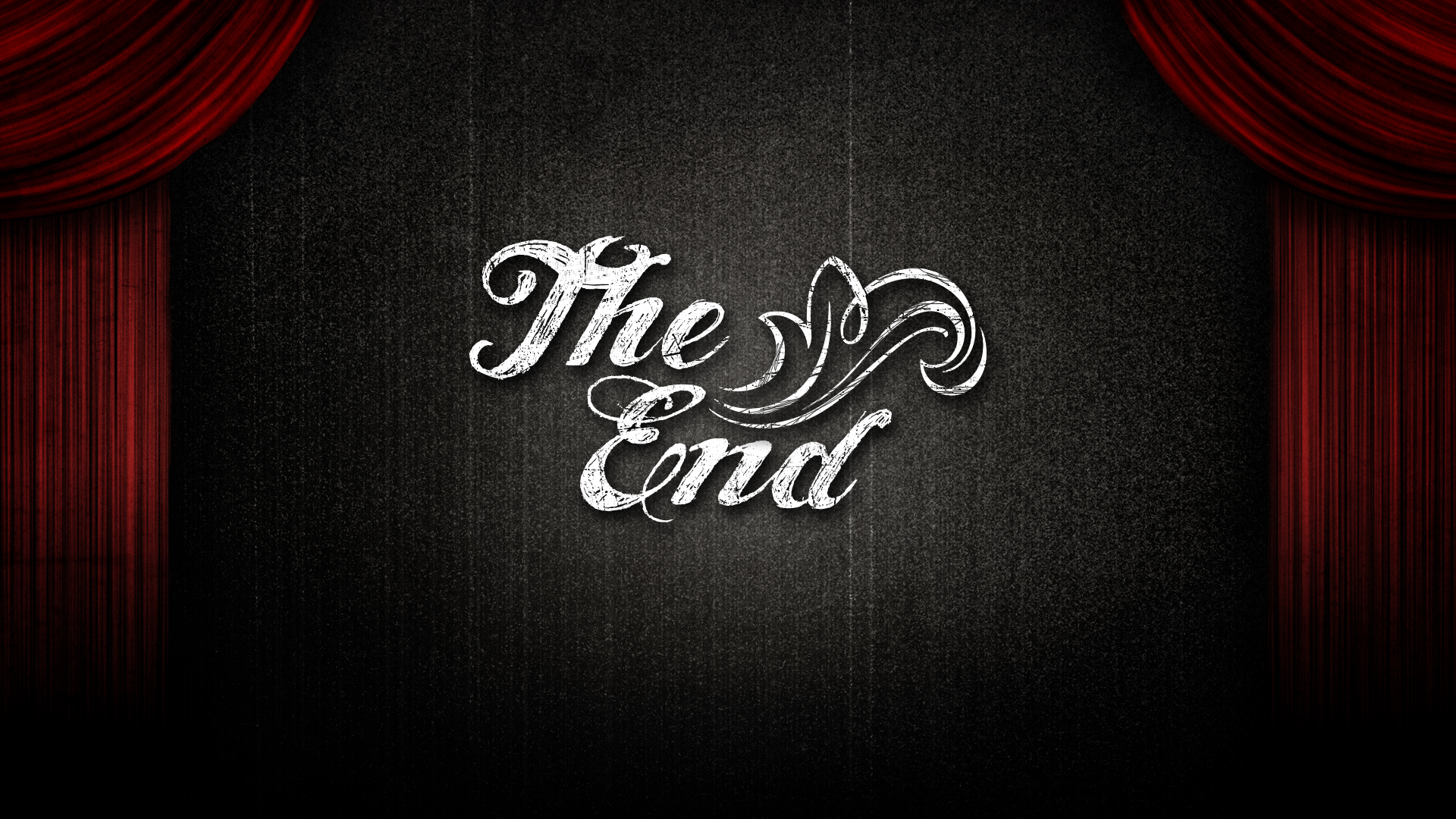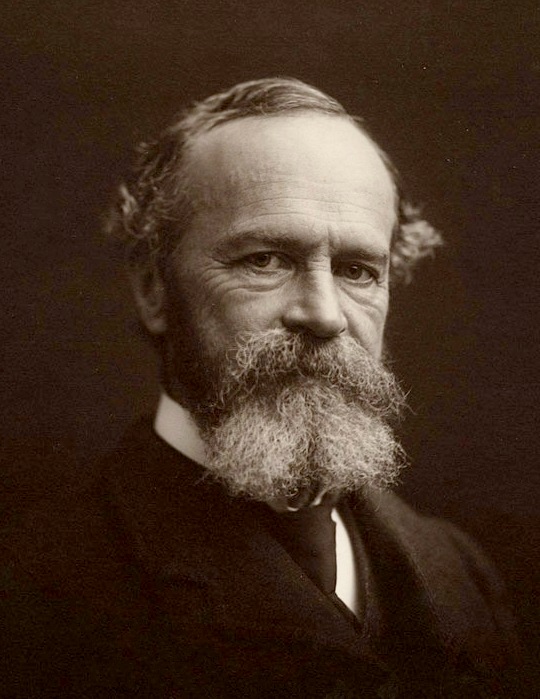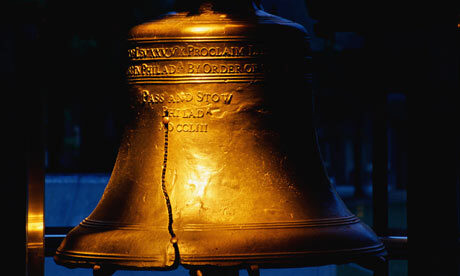It sounded as if there were something true in polytheism. Abigail’s father had also been a philosophy professor and I married into his library, which included Martin P. Nilsson’s Greek Popular Religion, a classic on ancient Greek polytheism.
According to Nilsson, anything that had potency or an aura was regarded as holy. Spirits lurked inside striking features of the landscape such as trees, forests, lakes, and mountains. River crossings and cave entrances would be marked with stones or statues.
“Were these valid responses to You, Lord?”
You lump them all together.
We would have to take them one by one. You see them as generic types of actions. I see them as specific communications or acknowledgements. One person looked at a stream and saw the current of My energy running through it and marked the spot in homage. Another was superstitious and marked the spot for good luck.
Some were fearful and thought they might drown crossing if they did not place a token on the bank. Some actually stopped and prayed or meditated or sang a song of praise. These are very different kinds of communications, with different degrees of reality.
If your question is whether streams and mountains and so forth do in fact embody My presence, the answer again is not so simple.
Of course, everything embodies My presence and it is always a good thing when someone pauses to acknowledge that. But some things do embody it more. There is truth to the sense that I am more distinctively present in aspects of energy and force than in matter that is relatively more inert. We would have to go into physics, into the physics of the future, to discuss that in detail.
At particular times, I am especially present in a certain place or to a certain person.
It is not mere superstition that causes (people to) pause before the fact of death, for example. That is a moment and place of particular interaction between Me and the deceased and their survivors. However, there are some dramatic elements of nature, such as lightning, that might be appropriate symbols for divine power but are not in fact times and places of special presence or interaction.
But, in general, did polytheism respond to a divine reality? Yes, it did.
And any religion that does not allow for this aspect of My presence—My presence in nature, in objects, in places, and in forces—is missing something.
________
Listen to this on God: An Autobiography, The Podcast– the dramatic adaptation and continuing discussion of the book God: An Autobiography, As Told To A Philosopher by Jerry L. Martin.
He was a lifelong agnostic, but one day he had an occasion to pray. To his vast surprise, God answered- in words. Being a philosopher, he had a lot of questions, and God had a lot to tell him.









